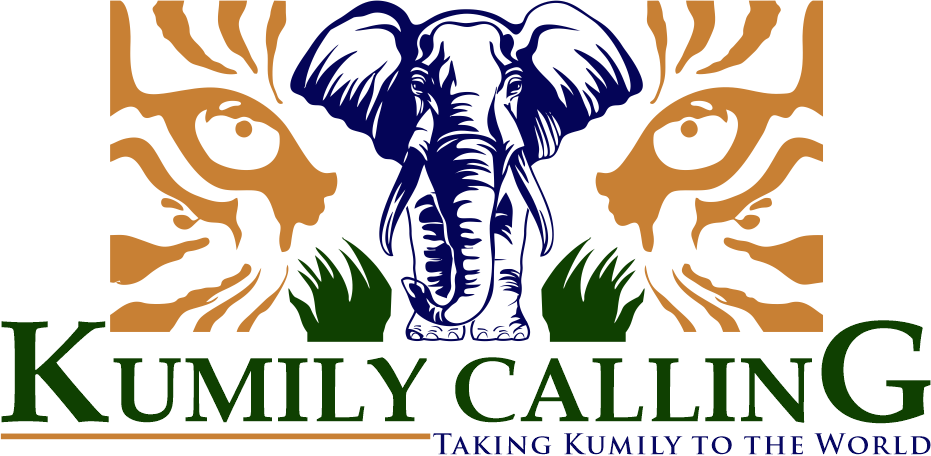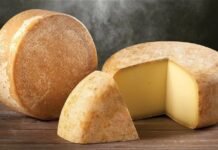By Anjaly Rajendran
The people of Kerala have always had a rich tradition of consuming fresh succulent food caught from the sea. Sea food is highly nutritious and contains Omega 3 amino fatty acids which are essential to heart health and prevent aging. Unfortunately, the people of Kumily cannot obtain fresh fish since Kumily is a bit away from the coastline and fresh fish is not easily available to the people of the town. The fish sold here is transported in ice and turns stale easily.
However, this changed when the authorities launched an innovative India Eco-Development Project in the year 1998 to preserve the ecological wealth of the State. The first step taken was to ensure the tribal communities’ participation. The tribal communities have lived in the forests for generations and so without their support and participation, the project could not become a success.
The tribal communities who lived in the remote areas of the Forest Reserve depended on fishing, poaching, and illegal wood-cutting to eke out a marginal living. To prevent Tribals from carrying out illegal activities and to enable them to earn a fair living by providing them with alternate livelihoods Eco-Development Committees (EDC) were formed in different villages with the participation of local people to find innovative and alternative avenues of income generation. As a result of these initiatives, the number of tribal people poaching or illegally collecting and selling firewood for a living has been considerably reduced.



One such EDC is the Periyar Tiger Reserve Mannakudi Tribal E.D.C under which the Fisher Folk are a sub group. This Fishermen’s Sub Group comprises of three plots (areas) working together to catch the fish from the Thekkady Lake and sell them in the open market at their outlet at Mannakudy.



The Fishermen’s Sub Group is managed by a Committee comprising of 9 Members and the Members of the Committee are elected once in 2 years through a transparent electoral process.
It is this Committee of the Fishermen’s Sub Group which determines the prices of various kind of fish. This decision is then conveyed to the office of the Deputy Director, (Project Tiger) Periyar East Division who then takes a final Decision on the same. All those working in this fishing project are paid out of the operating fund of the project.

Thekkady Lake has over 43 varieties of fish living in it. Of these about 12 types of fish including what the natives call Gold fish (A kind of Carp), Tilopi (Tilopia), kuyil (Tor tambrodies), kooral, viral (Butter Fish), kariyan (Common Carp), Arakan (Tire Track Eel), Poolaan (labeo Dussumier), Kaari (Stinging Fish), Kanni, Kanambu (Mullet) and Kattala (Labeo Catla – Indian Carp) are being sold by the sub group in their outlet in Mannakudy.
What is being sold as Gold fish is a delicacy and the flesh tastes like crab meat. A single Gold Fish could weigh anything between 1 and 3 kilograms. This Gold Fish is being sold for Rs.250 per kilogram while the other fishes are sold at Rs.200 per kilogram. The prices are very reasonable and are much cheaper than the prices of sea fish sold in the Market.
A major portion of the revenue earned is given to the tribal fishermen. In the case of Gold Fish 220 rupees is paid to the fishermen and 30 rupees is paid to the salesmen and drivers out of the amount earned from the sale of 1kg of fish. With regard to the other varieties Rs. 170 is paid to the tribal fishermen and 30 rupees is paid to the salesmen and drivers out of the amount earned from the sale of a single kilogram.
So next time you feel like eating fresh fish just go to the outlet in Mannakudy and get yourself a fresh feat to enjoy…






